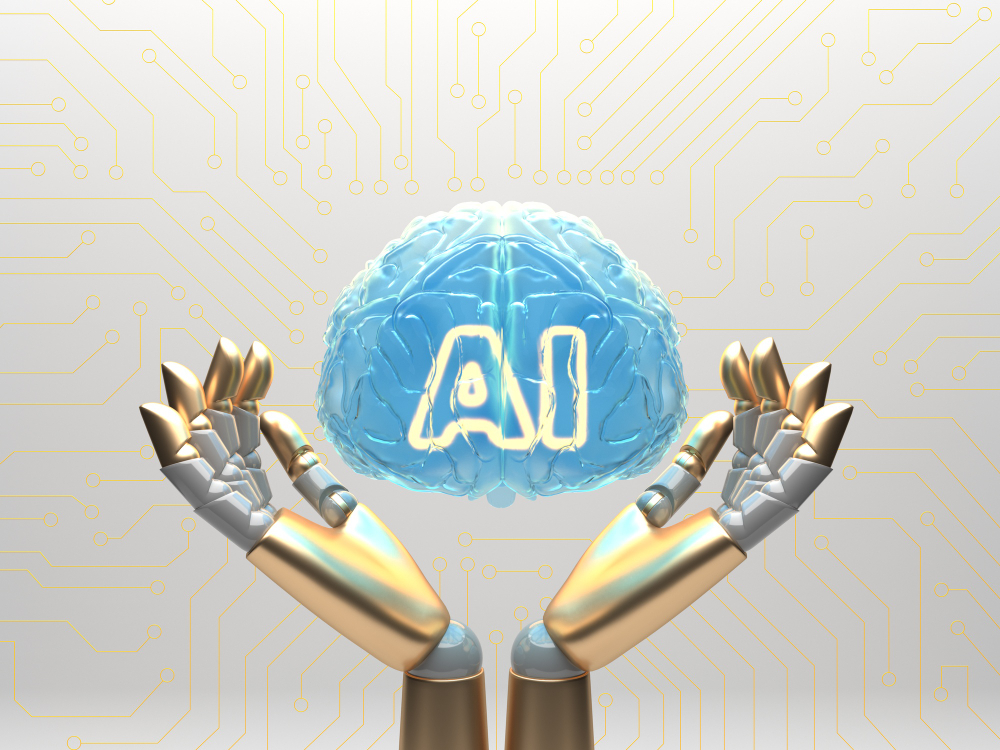In an ever-evolving digital landscape, emerging technologies like artificial intelligence (AI), machine learning (ML), blockchain, and others are transforming how businesses approach marketing. These technologies are not just buzzwords; they are powerful tools that can enhance customer engagement, improve personalization, ensure data security, and drive overall marketing effectiveness. This blog explores the profound impact of these technologies on the future of digital marketing strategies.
The Role of AI in Digital Marketing
Personalised Customer Experience
AI enables businesses to create highly personalised customer experiences. By analysing vast amounts of data, AI can understand customer preferences, behaviours, and buying patterns. This allows marketers to tailor content, recommendations, and offers to individual users.
Chatbots and Virtual Assistants: AI-powered chatbots can engage with customers in real-time, providing instant responses and personalised solutions. They enhance customer service by being available 24/7 and can handle multiple inquiries simultaneously.
Predictive Analytics: AI helps in predicting future customer behaviours based on past interactions. This allows marketers to anticipate needs and proactively offer relevant products or services.
Content Creation and Curation
AI-driven tools can assist in content creation and curation, making the marketing process more efficient.
Automated Content Generation: AI can generate basic content for blogs, social media posts, and emails. This allows marketers to focus on more strategic tasks.
Content Recommendations: AI algorithms can curate content that is most relevant to the audience, increasing engagement and time spent on websites.
Machine Learning: Enhancing Decision Making
Machine learning, a subset of AI, plays a crucial role in refining digital marketing strategies through continuous learning and improvement.
Targeted Advertising
ML algorithms analyse user data to create highly targeted advertising campaigns. These algorithms consider factors such as user demographics, online behaviour, and past interactions to deliver ads that are more likely to convert.
Real-time Bidding: ML improves programmatic advertising by optimising real-time bidding processes, ensuring that ads are placed in front of the right audience at the right time.
Customer Segmentation
ML can identify distinct customer segments based on various data points. This helps in crafting specific marketing strategies for different customer groups, leading to more effective campaigns.
Dynamic Segmentation: Unlike traditional segmentation methods, ML can dynamically update customer segments based on new data, ensuring that marketing strategies remain relevant.
Blockchain: Revolutionising Data Security and Transparency
Blockchain technology, known for its association with cryptocurrencies, is making significant inroads into digital marketing.
Enhanced Data Security
Blockchain offers a decentralised way of storing data, making it highly secure and resistant to tampering. This is crucial for protecting customer data and maintaining privacy.
Secure Transactions: Blockchain ensures that all transactions are recorded transparently and securely, reducing the risk of fraud.
Transparency and Trust
Blockchain can enhance transparency in digital advertising, addressing issues like ad fraud and ensuring that marketing budgets are used effectively.
Ad Verification: Blockchain allows advertisers to verify where their ads are being placed, ensuring that they reach the intended audience and are not subjected to fraudulent clicks.
Other Emerging Technologies Shaping Digital Marketing
Internet of Things (IoT)
The IoT connects everyday devices to the internet, creating a network of smart devices that can collect and exchange data.
Enhanced Customer Insights
IoT devices provide real-time data about customer behaviour and preferences. This data can be used to create more personalised marketing strategies.
Smart Devices: Devices like smart speakers and wearables offer new channels for marketers to engage with customers.
Augmented Reality (AR) and Virtual Reality (VR)
AR and VR technologies offer immersive experiences that can significantly enhance customer engagement.
Interactive Marketing: Brands can use AR and VR to create interactive advertisements and virtual try-ons, providing a unique and engaging customer experience.
Voice Search Optimization
With the rise of voice-activated assistants like Siri, Alexa, and Google Assistant, optimising for voice search is becoming increasingly important.
Conversational Marketing
Voice search is driving the need for conversational marketing, where interactions are more natural and conversational.
SEO Adaptation: Marketers need to adapt their SEO strategies to account for voice search queries, which are often longer and more conversational than text searches.
Integrating Emerging Technologies into Marketing Strategies
Developing a Cohesive Strategy
To fully leverage the potential of these technologies, businesses need to develop a cohesive digital marketing strategy that integrates AI, ML, blockchain, and other emerging technologies.
Continuous Learning and Adaptation
The digital landscape is constantly evolving, and so should marketing strategies. Businesses need to invest in continuous learning and adaptation to stay ahead of the curve.
Training and Development: Investing in training for marketing teams to understand and utilise these technologies effectively.
Partnerships and Collaborations: Collaborating with tech companies and startups to integrate the latest technological advancements into marketing efforts.
Challenges and Considerations
Data Privacy and Ethics
With the increased use of AI and ML, data privacy and ethical considerations become paramount.
Compliance: Ensuring compliance with data protection regulations such as GDPR and CCPA.
Ethical AI: Developing AI algorithms that are transparent, fair, and unbiased.
Technological Integration
Integrating these technologies into existing systems can be challenging and requires careful planning and execution.
Infrastructure: Upgrading technological infrastructure to support new technologies.
Cost: Considering the cost implications of implementing advanced technologies and ensuring a good return on investment.
Conclusion
The future of digital marketing is being shaped by AI, machine learning, blockchain, and other emerging technologies. These technologies offer unprecedented opportunities to enhance customer engagement, improve personalization, ensure data security, and drive marketing effectiveness. Businesses that embrace these innovations and integrate them into their marketing strategies will be well-positioned to thrive in the ever-evolving digital landscape. As these technologies continue to evolve, staying informed and adaptable will be key to maintaining a competitive edge in digital marketing.

